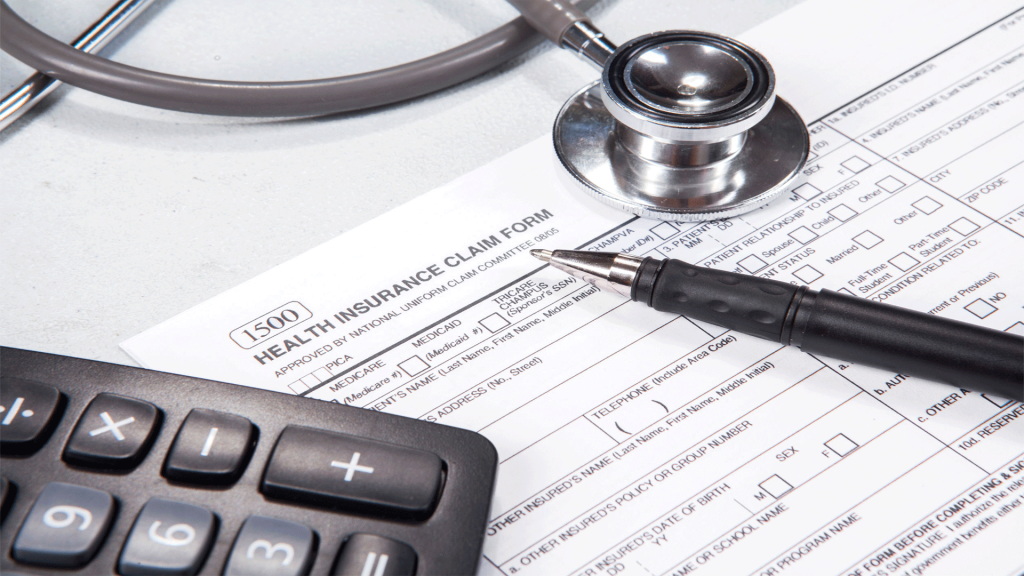**Title: Medical Billing And Coding Qualifications: Everything You Need To Know**
**Introduction**
Medical billing and coding are essential components of the healthcare industry, ensuring that healthcare providers receive proper compensation for their services. To work in this field, individuals must possess specific qualifications to perform their duties effectively. In this article, we will explore the required qualifications for medical billing and coding professionals, as well as the benefits of pursuing a career in this rewarding field.
**Qualifications for Medical Billing And Coding Professionals**
1. **Education Requirements**
– High School Diploma or GED: The minimum educational requirement for medical billing and coding is a high school diploma or GED. This is the foundation upon which additional qualifications are built.
– Certificate Program: Many medical billing and coding professionals complete a certificate program in medical billing and coding, which can typically be completed in as little as one year. These programs cover topics such as medical terminology, medical coding systems, and healthcare regulations.
– Associate’s Degree: Some employers may prefer candidates with an associate’s degree in medical billing and coding or a related field. This degree provides a more in-depth understanding of the healthcare industry and may lead to better job prospects.
2. **Certification**
– Certified Professional Biller (CPB): Offered by the American Academy of Professional Coders (AAPC), the CPB certification demonstrates proficiency in medical billing. To qualify for this certification, candidates must pass an exam covering topics such as healthcare regulations, reimbursement methodologies, and claims processing.
– Certified Professional Coder (CPC): The CPC certification, also offered by the AAPC, is for individuals who specialize in medical coding. To earn this certification, candidates must pass an exam testing their knowledge of CPT, ICD-10, and HCPCS Level II coding systems.
3. **Skills**
– Attention to Detail: Medical billing and coding professionals must be detail-oriented to accurately assign codes and process claims.
- Analytical Skills: Coding requires the ability to analyze medical records and apply the correct codes based on the services provided.
– Technical Skills: Proficiency in computer software and electronic health records (EHR) systems is essential for medical billing and coding professionals.
**Benefits of Pursuing a Career in Medical Billing And Coding**
– **Job Security**: The healthcare industry continues to grow, creating a demand for skilled medical billing and coding professionals.
– **Work-Life Balance**: Many medical billing and coding positions offer flexible hours, allowing professionals to maintain a healthy work-life balance.
– **Competitive Salary**: According to the Bureau of Labor Statistics, the median annual wage for medical records and health information technicians was $42,630 in May 2020, with the potential for higher earnings based on experience and certifications.
**Practical Tips for Success**
– **Stay Updated**: The healthcare industry is constantly evolving, so it’s important to stay informed about changes in regulations and coding guidelines.
– **Network**: Building relationships within the healthcare community can lead to job opportunities and professional growth.
– **Continuing Education**: Pursuing additional certifications or advanced training can enhance your skills and marketability in the field.
**Conclusion**
Becoming a medical billing and coding professional requires a combination of education, certification, and essential skills. By obtaining the necessary qualifications and staying up-to-date on industry trends, individuals can pursue a rewarding career in this vital sector of healthcare. Consider the benefits of a career in medical billing and coding, and take the necessary steps to achieve your professional goals.



